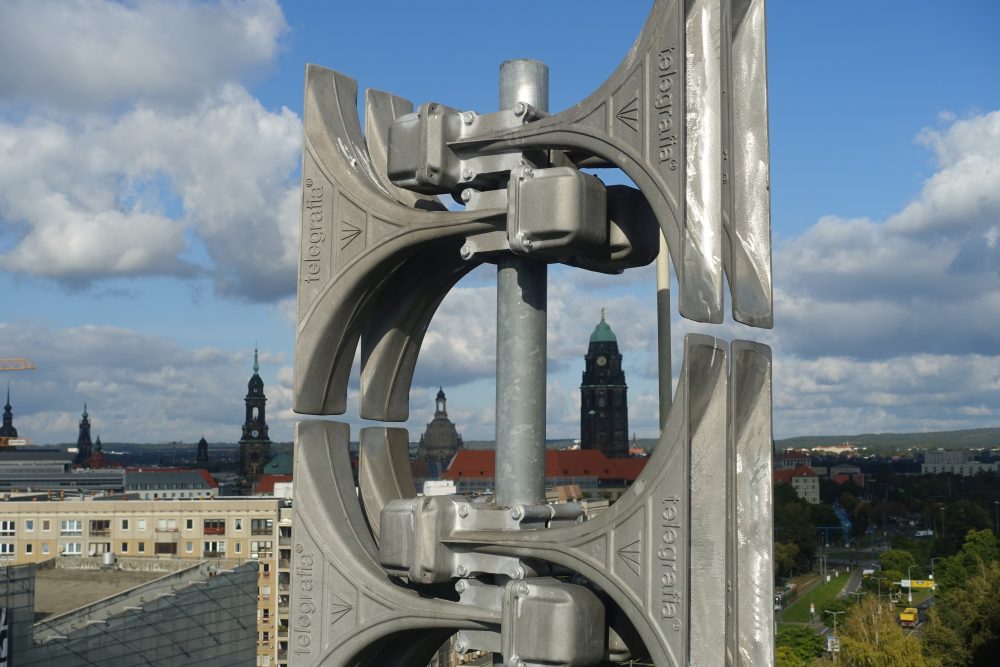Ads
Private renting is so unaffordable and unstable that most people would do anything if it meant they could get on the property ladder. Home ownership is presented as a panacea, as if financial problems miraculously evaporate once you have a mortgage in your name.
But owning a home isn’t a magic bullet, and not all homeowners are rich. A mortgage does not automatically alleviate hardship, nor does it guarantee that you will never be in financial trouble again.
According to research by the Joseph Rowntree Foundation (JRF), an independent think tank, about a third of all poor households owned homes in 2018. The JRF estimates that about 13% of mortgage holders with low incomes were behind on their mortgage payment. .
Only 30 percent of households have enough savings to pay their mortgage for two months, according to the Social Market Foundation. The government’s own data shows that there were 67,000 households in mortgage default in 2020-21, compared to 35,000 in 2019-20.
As the social crisis that is inflation sinks in (rising energy bills, increasingly expensive weekly purchases), this is unlikely to have improved.
Rachelle Earwaker, an economist at the JRF, explains the seriousness of this situation. “It’s very difficult for anyone with low incomes, whether they own or rent their home, to sustain these cost increases,” she explains. “For people on fixed incomes, such as those unable to work or those looking for work, the next few months could be truly catastrophic.”
Yet the government is doing little to help struggling homeowners as the cost of essentials skyrockets.
In his Spring Statement, Rishi Sunak simply spoke lip service to this crisis. The Chancellor has failed to provide the support people so desperately need, offering paltry rebates on energy bills while he refuses to increase benefits in line with inflation and raises national insurance payments. It would be laughable if it weren’t so detrimental.
The Chancellor’s mantra during the pandemic has been: the Government cannot help everyone. It sounds reasonable, but the reality is that aid is not being directed fairly. When you consider the fact that more and more people use food banks or hear, like me, from people who literally have to choose between paying their bills and putting food on the table, the government’s laissez faire approach is nothing less than reckless.
What really spins the razor is that prior to 2018 there was support available for homeowners struggling to pay their mortgage. However, the Government eliminated the payments of the Mortgage Interest Support scheme (SMI) and, instead, began to offer homeowners in trouble loans with interest that they must pay instead. There’s a whopping 39 weeks to wait for a loan payment, far too long for anyone struggling enough to have applied in the first place.
The deputies are worried. Liberal Democrats are calling on the government to put in place a new Emergency Mortgage Support Fund to support teetering homeowners with payments, not loans.
Leader Ed Davey argues that a new fund is needed for hardship payments, not loans, particularly for first-time buyers who have taken out large mortgages due to high home prices. He is right. The number of people taking out 95 percent loans to value mortgages with a five percent deposit has been on the rise as banks scramble to find new ways to lend against ever-rising home prices.
“The Government is burying its head in the sand,” said Davey, calling on the Government to act. “People’s houses are at stake here.”
The Office for Budget Responsibility (OBR), a public body funded by the Treasury to provide independent economic forecasts, has issued a stern warning that living standards will fall at their fastest rate since the middle of the 20th century. 1950s. Part of this is because debt servicing costs (paying off loans, including mortgages and credit cards) are set to rise from £55bn in 2021/22 to a staggering £83bn in 2023/24. This is a 52 per cent increase over the next two years, equivalent to an increase in interest payments of £1,000 per household. The OBR also predicts that mortgage interest payments will increase 42 percent in 2022.
Sunak is choosing to ignore all of this. This government can now conveniently blame Vladimir Putin for the pressure on energy prices as if his attack on Ukraine was somehow also responsible for the crumbling of Britain’s social safety net since the beginning of the decade. from 2010.
This passing dollar ignores the inflationary injection that the Treasury gave to our housing market in the form of an ill-advised stamp duty cut after the first closing. According to recently released figures, house prices have risen by an average of £43,577 since the first UK lockdowns some two years ago. We are now seeing the highest level of home price inflation since 2004.
The OBR warns that living standards will not improve until 2024. If this government continues to turn a blind eye to the economic realities of ordinary people, who knows how bad things will be by then.
The costs of war will drive up bank rates, but let’s be clear: the lack of decent support available to those going through hard times is the work of our own government and theirs alone.
Vicky Spratt is the housing correspondent for i
Ads
–


